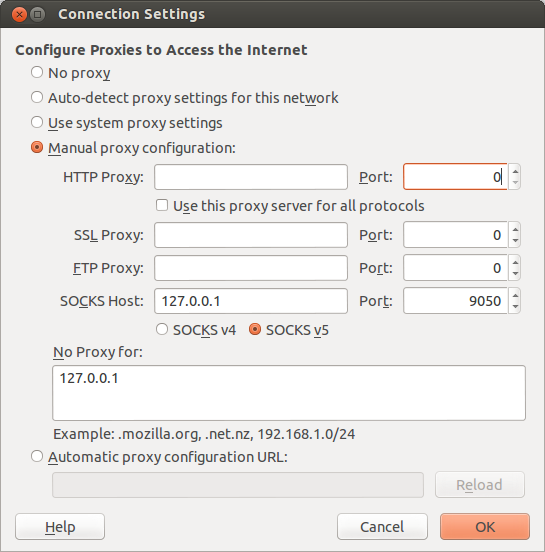In case you want to build (compile) and install Tor from source code, you can follow these steps:
Step 1:
Install pre-requisites, in this example I used a Debian based GNU Linux distribution:
sudo apt install -y git build-essential automake libevent-dev libssl-dev zlib1g-dev
Step 2:
Clone Tor from git.torproject.org:
git clone https://git.torproject.org/tor.git
Step 3:
Enter tor directory:
cd tor
Step 4:
Run autogen.sh to generate all the initial makefiles:
./autogen.sh
Step 5:
Prepare tor to be built, you can use any of the following commands (Option 1 or Option 2), but check if you receive any error messages:
Step 6:
Run make to start the compilation process:
make
Step 7:
Install the compiled tor in your system:
make install
The location of tor binary by default will be:
/usr/local/bin/tor
You can run it by typing tor and the output will be pretty similar to this:
galoget@hackem:~$ tor
Jul 12 12:46:26.082 [notice] Tor 0.4.7.0-alpha-dev (git-9b2d179d9537b2f3) running on Linux with Libevent 2.1.11-stable, OpenSSL 1.1.1f, Zlib 1.2.11, Liblzma N/A, Libzstd N/A
and Glibc 2.31 as libc.
Jul 12 12:46:26.082 [notice] Tor can't help you if you use it wrong! Learn how to be safe at https://www.torproject.org/download/download#warning
Jul 12 12:46:26.082 [notice] This version is not a stable Tor release. Expect more bugs than usual.
Jul 12 12:46:26.082 [notice] Configuration file "/usr/local/etc/tor/torrc" not present, using reasonable defaults.
Jul 12 12:46:26.084 [notice] Opening Socks listener on 127.0.0.1:9050
Jul 12 12:46:26.084 [notice] Opened Socks listener connection (ready) on 127.0.0.1:9050
Jul 12 12:46:26.000 [notice] Parsing GEOIP IPv4 file /usr/local/share/tor/geoip.
Jul 12 12:46:26.000 [notice] Parsing GEOIP IPv6 file /usr/local/share/tor/geoip6.
Jul 12 12:46:26.000 [notice] Bootstrapped 0% (starting): Starting
Jul 12 12:46:26.000 [notice] Starting with guard context "default"
Jul 12 12:46:27.000 [notice] Bootstrapped 5% (conn): Connecting to a relay
Jul 12 12:46:27.000 [notice] Bootstrapped 10% (conn_done): Connected to a relay
Jul 12 12:46:27.000 [notice] Bootstrapped 14% (handshake): Handshaking with a relay
Jul 12 12:46:27.000 [notice] Bootstrapped 15% (handshake_done): Handshake with a relay done
Jul 12 12:46:27.000 [notice] Bootstrapped 75% (enough_dirinfo): Loaded enough directory info to build circuits
Jul 12 12:46:27.000 [notice] Bootstrapped 90% (ap_handshake_done): Handshake finished with a relay to build circuits
Jul 12 12:46:27.000 [notice] Bootstrapped 95% (circuit_create): Establishing a Tor circuit
Jul 12 12:46:28.000 [notice] Bootstrapped 100% (done): Done
And remember, this version is not a stable Tor release, so it could have more bugs than usual.
In this guide I showed you how to build tor from source code. This does not include Tor Browser, just the service that is listening at 127.0.0.1:9050 by default.
In case you want to try it, you can configure your browser to use a proxy. Please refer to the following image to prepare your Firefox instance to browse the Internet by using the Tor service you just installed:

Finally, if you prefer Google Chrome, you can use the following command to open a Chrome instance that uses the tor service you just installed:
google-chrome-stable --proxy-server="socks://127.0.0.1:9050"
As you can see in my answer, there is no requeriment to use additional plugins to route your traffic through the TOR Network.
Enjoy!
